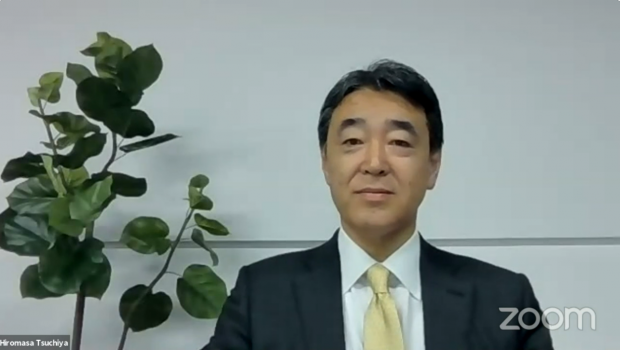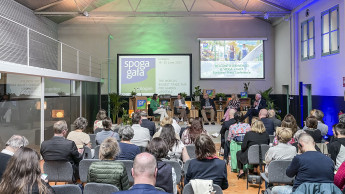During the Covid-19 crisis, Cainz has also managed to engage the interest of younger customers in DIY and gardening, Tsuchiya reported. This was significant not least against the background of an ageing Japanese population. Cainz customers are over 50 years of age on average, and "in Japan, there was no DIY boom amongst baby boomers," added Tsuchiya, describing the societal environment.
In the Japanese DIY market, the top 10 companies account for a share of 64.5 per cent and sales of USD 23.5 bn; the top 5 alone claim 46 per cent of the market.
Cainz had already started investing substantially in its IT infrastructure and digital transformation even before the onset of the pandemic; in three years, the company has put around USD 100 mio into digitalisation. More than 1 000 employees now work in the Cainz Innovation Hub. E-commerce still only accounts for a modest share of sales, but is growing considerably. This is due among other initiatives to new click & collect solutions, with collection points inside and outside stores. In this regard the Cainz boss referred more than once to the exchange of information and ideas taking place within Edra/Ghin, which he joined in 2015. "I made many friends by joining this association," he said.












